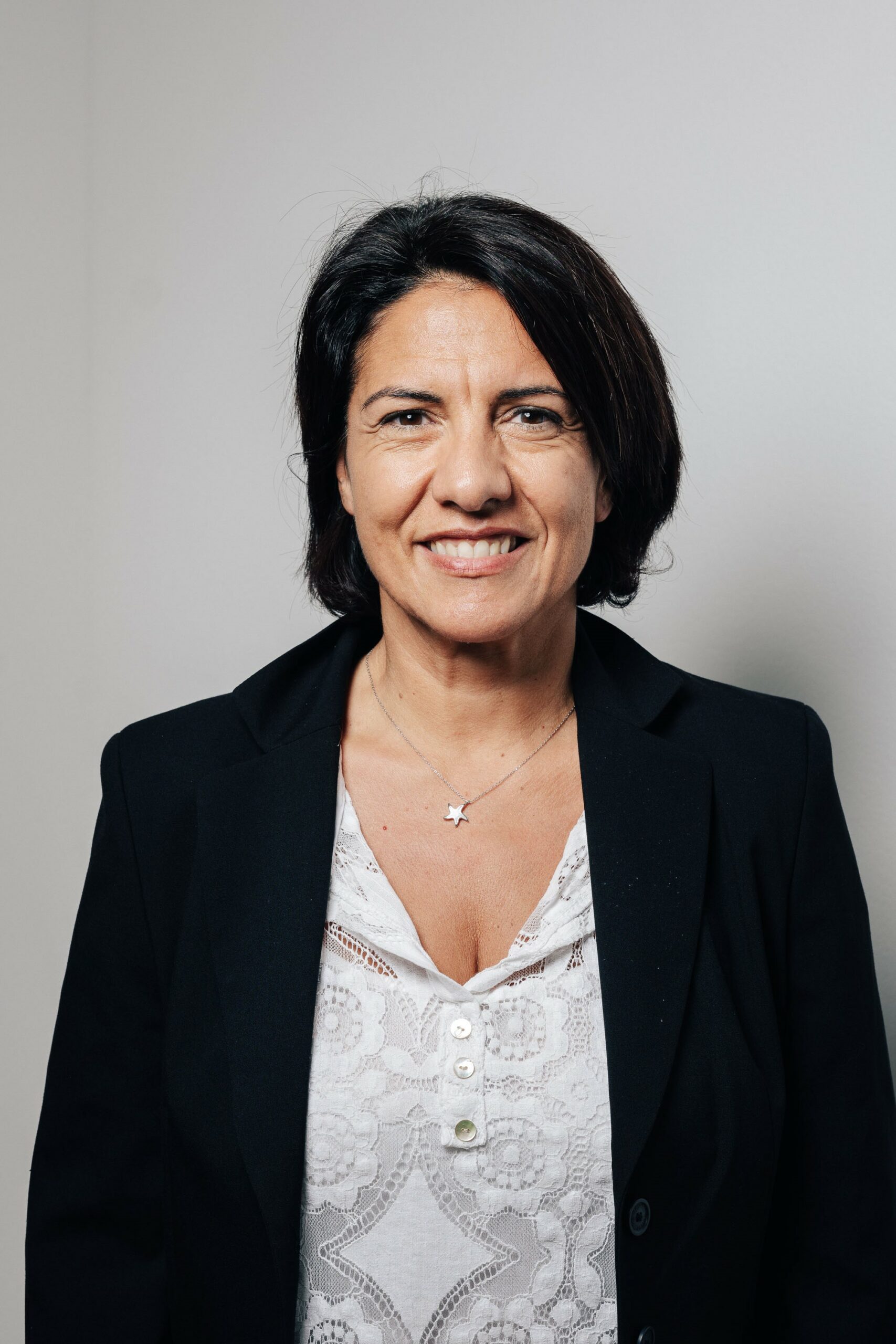The Biomedical Signal Processing Group is one of the research area of the newly formed MeDiTech Institute. BSP is led by Francesca D. Herrchen-Faraci and is formed by 2 PostDocs and 5 PhDs students.
Our mission is on extracting clinically relevant information from biological, subjective and contextual data. Through the adaptation and optimization of Artificial Intelligence, advanced statistical modeling, machine learning, and deep learning tools, we target the development of systems to support personalized diagnosis, therapy and bio-behavioral monitoring.
The group presently has three main research sub-area :
Sleep and EEG analysis
We focus on the development of algorithms that can evaluate different aspects of sleep based on EEG and other biosignals. We have extensive expertise in developing state-of-the-art deep learning models for automatic scoring of sleep stages. We also focus on the mining of sleep disease biomarkers and approaches for their automatic identification from individuals’ data.
Heart and ECG analysis
Our main focus in the field of cardiology concerns the application of AI techniques to assist specialists in the diagnosis of rare cardiological diseases. In particular, our research focuses on the recognition of hereditary arrhythmogenic diseases such as Long QT Syndrome, Brugada Syndrome, Early Repolarisation Syndrome. To this end, we have built a solid knowledge concerning pre-processing, rhythm analysis and ECG signal morphology.
Lifestyle management (Bio-Behaviour & Wearables)
Using advanced modelling approaches and fusion of data, monitoring both the physiological and psycho-behavioural state of individuals, we focus on research for lifestyle change. This area uses longitudinal biosignal data of individuals monitoring sleep, physical activity, and stress, collected primarily by wearables and supplemented by the context of the participants’ everyday lives. Our research seeks to develop algorithms that help to improve the quality of life, to increase sleep quality, boost stress-coping capability, or motivate for better post-operative rehabilitation.

